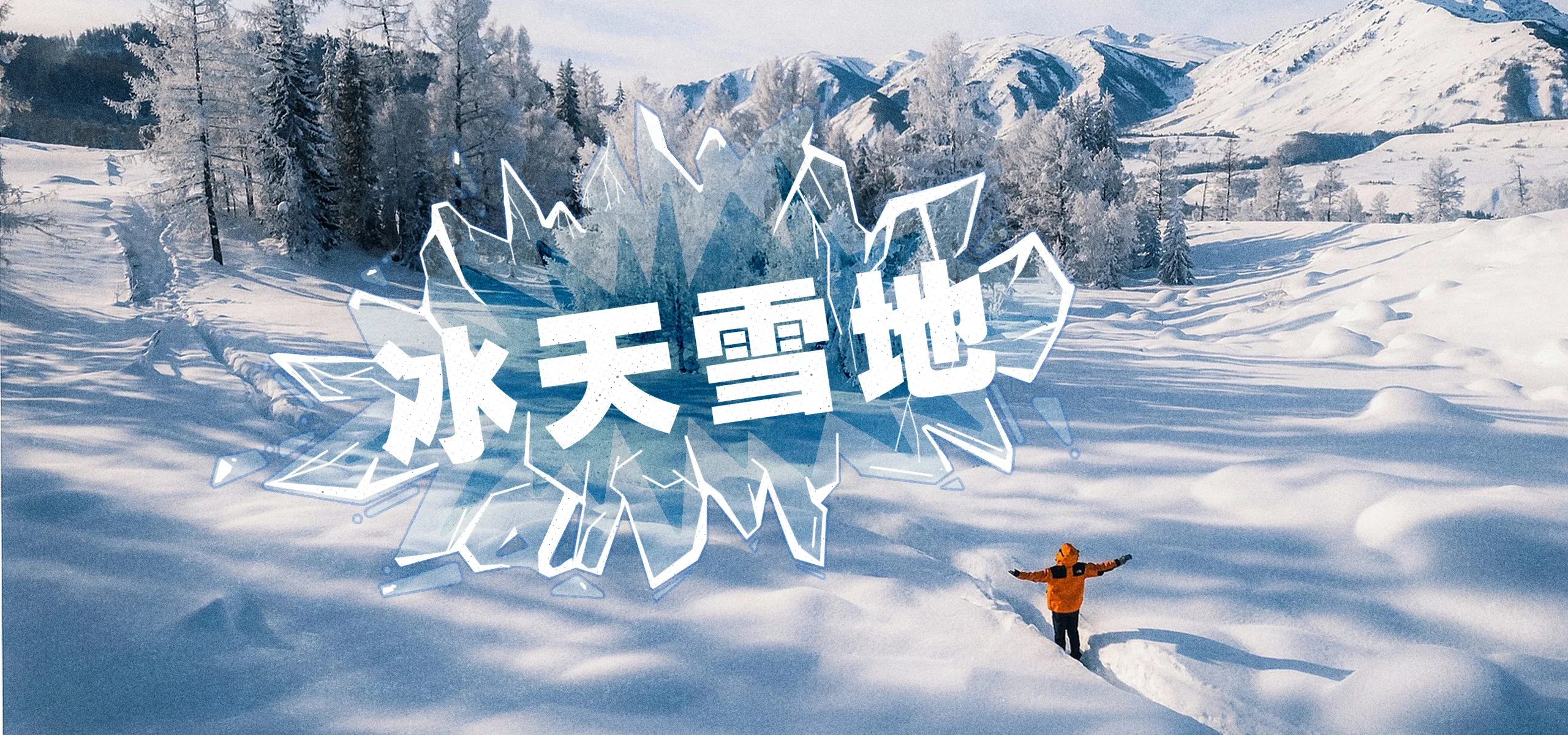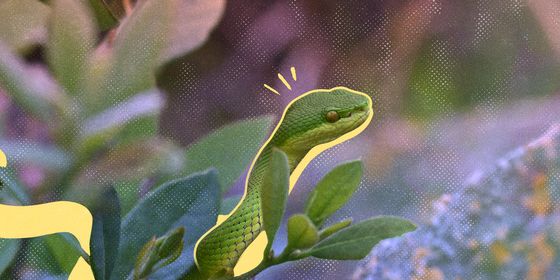Discover these essential Chinese “chengyu” about ice, snow, freezing cold, and perseverance through hardship
The traditional Chinese calendar divides the year into 24 solar terms. The Beginning of Winter (立冬), the 19th term, traditionally marks the arrival of the winter season, followed by Minor Snow (小雪), Major Snow (大雪), Winter Solstice (冬至), Minor Cold (小寒), and Major Cold (大寒).
Since ancient times, the beginnings of seasons have been celebrated as important festivals. To welcome the winter, emperors would lead high-ranking officials to the suburbs to hold special ceremonies. Ordinary people, on the other hand, would eat dumplings in memory of Zhang Zhongjing (张仲景), a famous physician from the first century, who, according to folklore, invented dumplings to save many people from frostbite around the start of winter.
Learn more about Chinese idioms:
- Seasonal Phrases for the Start of Spring
- Mid-Autumn Sayings About the Moon
- Arboreal Idioms for Tree-Planting Day
There are many chengyu about winter, describing both the beauty of the frozen scenery and the shocking cold. So, before you prepare dumplings for celebration (or don’t, if you’re in the south), sample the following Chinese idioms:
Harvest in autumn and store in winter 秋收冬藏
In the Western Han dynasty (206 BCE – 25 CE) history book Records of the Grand Historian, the author Sima Qian (司马迁) summarized the rules of agricultural production as “Plant in spring; grow in summer; harvest in autumn; store in winter (春生夏长,秋收冬藏 chūnshēng xiàzhǎng, qiūshōu dōngcáng).” This chengyu refers to the natural laws of development.
Autumn harvest and winter storage is the law of nature.
秋收冬藏是大自然的规律。
The cold comes and the heat departs 寒来暑往
Originated from the Daoist text Book of Changes, this chengyu describes the alternation of seasons, and is also used to lament the passage of time.
As summer goes and winter comes, we have spent seven years here.
寒来暑往, 我们在这里已经生活了七年了。
The sky is cold and the earth is frozen 天寒地冻
This chengyu is a common expression to describe the cold of winter.
She bundled herself up in several warm sweaters before going out into the freezing cold.
外面天寒地冻的,她出门前裹了好几件毛衣。
A world covered with ice and snow 冰天雪地
This chengyu, while containing both ice and snow, stresses the freezing temperatures of winter more than the season’s natural beauty.
Even in the ice and snow, we can feel the warmth of friendship.
即使是在这冰天雪地里,我们还是能感受到友谊的温暖。
Outfitted in silver and wrapped in white 银装素裹
Many people enjoy the snow-laden scenery of winter. Covered under several layers of pure snow, the world looks as if it’s wrapped in silver and white.
The whole city becomes a silver world in winter.
整个城市在冬天里一片银装素裹。
Chairman Mao Zedong appreciated snowy scenery as well. In his famous poem “Snow,” he changed one character of this chengyu, making it into 红装素裹 ( hóngzhuāng sùguǒ, dressed in red and wrapped in white), to describe a red sun sparkling over the white ground. It reads:
Viewed on a sunny day, all are clad in reddish white, exceptionally enchanting.
须晴日,看红装素裹,分外妖娆。
Snow gleams white 白雪皑皑
The duplicated 皑皑 (ái’ái) is an adjective only used to describe snow or frost, meaning that the snow is lovely and white. In some literature, it’s also used as a metaphor to describe an elderly person’s hair.
Snow gleamed on the summit of Mount Tai.
泰山顶上白雪皑皑。
Heavy snow sweeps and monstrous winds blow 雪虐风饕
Though snowy scenery can be lovely, snowstorms can be scary and dangerous. This chengyu is used to describe the might of a snowstorm. The 12th-century poet Lu You (陆游) once used it in his poem “Falling Plum Blossoms”:
Standing righteously in the sweeping snow and blowing gale, the plum blossom has the highest integrity of all flowers.
雪虐风饕愈凛然,花中气节最高坚。
The pine and the cypress are the last to wither 松柏后凋
Traditional Chinese culture values plants that can survive the coldness of winter highly. Like the plum blossom, the evergreen pine and cypress also receive lots of praise. This idiom means that “a person with lofty ideals and unswerving determination will stick through to the end,” or “honesty and virtue will pass through the test of time.” In The Analects, Confucius invokes this phrase:
Only in the cold winter does one know that the pine and the cypress are the last to shed their leaves.
岁寒,然后知松柏之后凋也。
It means that harsh environments can test whether one has a strong mind, perseverance, and noble character.












